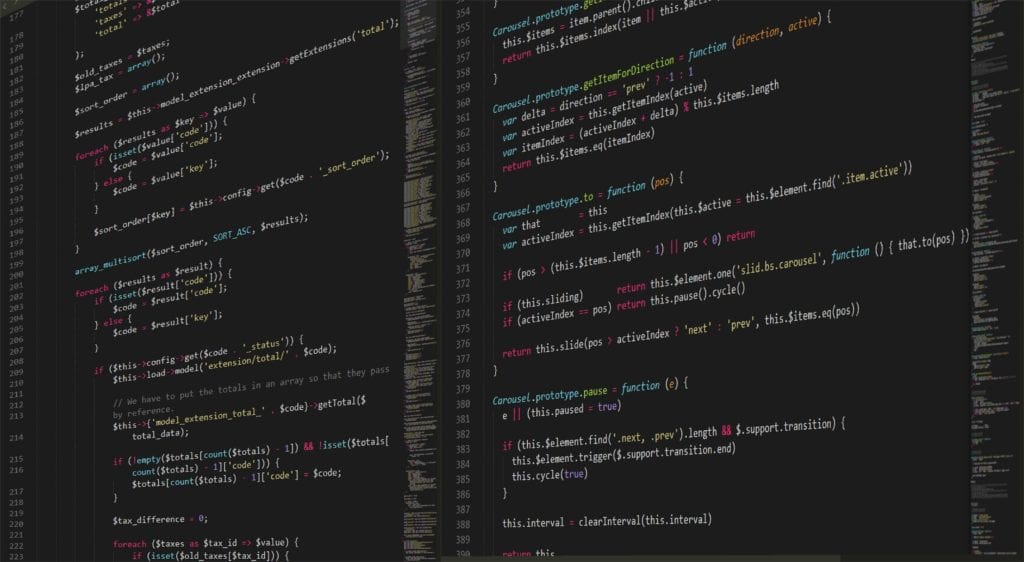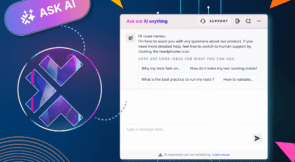Software Development ranks as the number one job in 2018, spanning industries such as healthcare, finance and manufacturing sectors. This being the case, it becomes really important to write good quality code when developing programs and apps for these industries. Even the slightest coding mistake can lead to big problems in the future. Many coding professionals use Log Analyzer – Real-time Log Analysis by Papertrail to monitor and fix coding errors in their programs.
Below you will find 7 Critical Tips to generate high-quality code.

- Developing Test Frameworks is Essential
With all of the different tools available to programmers, choosing the right ones can be a bit confusing. Utilizing the power of testing frameworks is a great way to see how well your code will perform. Most of the programs that offer these frameworks are automated and very easy to use.
If you are trying to perform a unit test, then using some of the commonly used unit test frameworks is a great idea. For programs in need of GUI testing, working with tools like Testim is beneficial. Regardless of what your testing needs are, there is a tool/framework out there for you.
- Have a Coding Standard in Place is Crucial
Most newcomers to the world of programming fail to realize just how easy it is to write bad and unorganized code. In order to write good code, you will need to put some time into developing standards. Following standards that require you to do things like having name conventions and using good formatting is a must.
By following these standards, you can rest assured that your code can be easily read by you and anyone else that comes across it. There are a number of widely accepted coding standards like the W3C standards that can take all of the guesswork out of this process.
- Code Documenters Can Be Helpful
If you are working on larger coding projects that span numerous namespaces and classes, working with software that instantly generates API documentation is a wise choice. With this software, you can help your team identify key pieces of the code without investing a lot of time in research. This type of software is also helpful for developers who are working on a number of projects simultaneously. For years, programmers have used JavaDoc as their code documenter of choice.

- You Need to Make Sure Your Comments Are Useful
One of the most important pieces of a sound coding structure is good comments. If you take a break from a thousand line script you are developing, the notes you leave will help you make sense of it all upon your return. These comments can also be helpful to the people who will have to maintain your code once you are finished. Vague lines should have meaningful single-line comments attached to them.
Functions and methods should have meaningful names and parameter descriptions. You should also focus on keeping each of the comments you write up to date. Failing to change these comments when major alterations are made to the existing code is a recipe for confusion and disaster.
- Automated Build Tools can be a Life Saver
Using tools like Maven or Ant can assist you in getting your source code developed, compressed and deployed in a relatively short amount of time. By building your program or application with a single command, you can avoid errors and omissions, as well as performing repetitive tasks.
- Get Familiar With Code Refactoring
Failing to refactor your code on a daily basis may lead to big problems in the future. Most programmers believe that refactoring is the key element to keeping their code healthy. When taking on this process, you need to make sure that everything from your program’s architecture to methods and functions are properly refactored.
Functions that have more than 25 lines of code, will generally have far too much logic contained in it. This means you should refactor it and split it into smaller functions or methods. While learning how to properly refactor your code will take time, it is well worth the effort and time you invest.
- Try to Avoid Using Global Code
Most new programmers fail to realize what a mess global variables and loops can create. Using global code will usually lead to a number of clashes and error developing. Ideally, you should avoid having blocks that are defined globally. Making sure your methods are written inside of class definitions can be very beneficial. You should also focus on putting class and function definitions within the right namespaces as well.
By following the advice in this article, you can avoid major headaches when developing new code and ensure good quality code.



